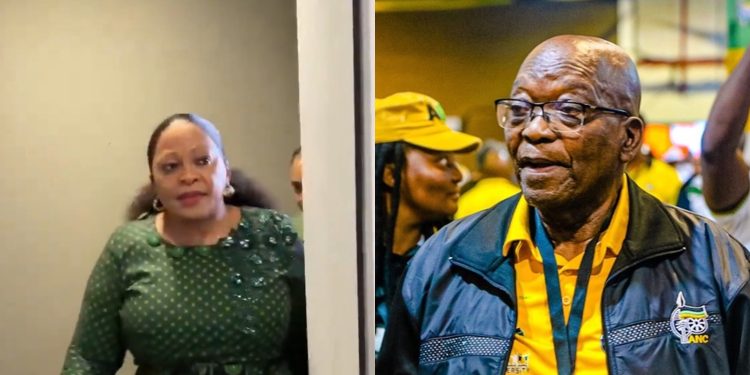Tensions in South Africa’s political arena show no signs of easing as a top African National Congress official renews her criticism of the party’s former president. Nomvula Mokonyane, the ANC’s first deputy secretary-general, has reiterated her view that Jacob Zuma betrayed the organisation through his actions. This comes amid ongoing legal battles over Zuma’s expulsion from the ANC, a decision the party stands by firmly.
Mokonyane’s comments highlight the lasting fallout from Zuma’s departure. Expelled in July 2024 for campaigning against the ANC with his uMkhonto weSizwe party, Zuma appealed the ruling, only for the party to reject it in November that year. By June 2025, Mokonyane made clear during a Freedom Charter commemoration that the ANC considers the matter closed, referring to Zuma as a former member no longer welcome in its ranks. Her stance reflects a broader effort to move past the divisions that contributed to the ANC’s loss of its parliamentary majority in the 2024 elections. Zuma’s MK party captured 15 percent of the vote, drawing support from traditional ANC strongholds in KwaZulu-Natal and weakening the party’s grip on power.
The betrayal accusation stems from Zuma’s choice to lead a rival outfit while claiming lifelong ANC loyalty. Party leaders argue this undermined their campaign and integrity. Mokonyane, who once served in Zuma’s cabinet and defended him during scandals, now positions herself as a defender of ANC renewal. Her shift underscores the personal and ideological fractures within the movement, where old alliances give way to pragmatic survival tactics.
In the current coalition environment, Mokonyane’s approach extends to building bridges with other groups. Relations with the Democratic Alliance stay strained, but she signals readiness to collaborate with the Economic Freedom Fighters, Patriotic Alliance, and Freedom Front Plus. These overtures aim to stabilise governance in a divided parliament. For ordinary South Africans, such partnerships raise hopes and fears alike. With communities facing persistent challenges like uneven service delivery and economic pressures, any coalition must deliver tangible progress to rebuild trust in local leadership.
Zuma’s camp has pushed back, accusing the ANC of unfair processes and vowing to fight on. Yet as court challenges drag on, Mokonyane’s firm line suggests the party prioritises unity over reconciliation with dissenters. This episode serves as a reminder of the ANC’s evolving identity in a multiparty democracy.






















